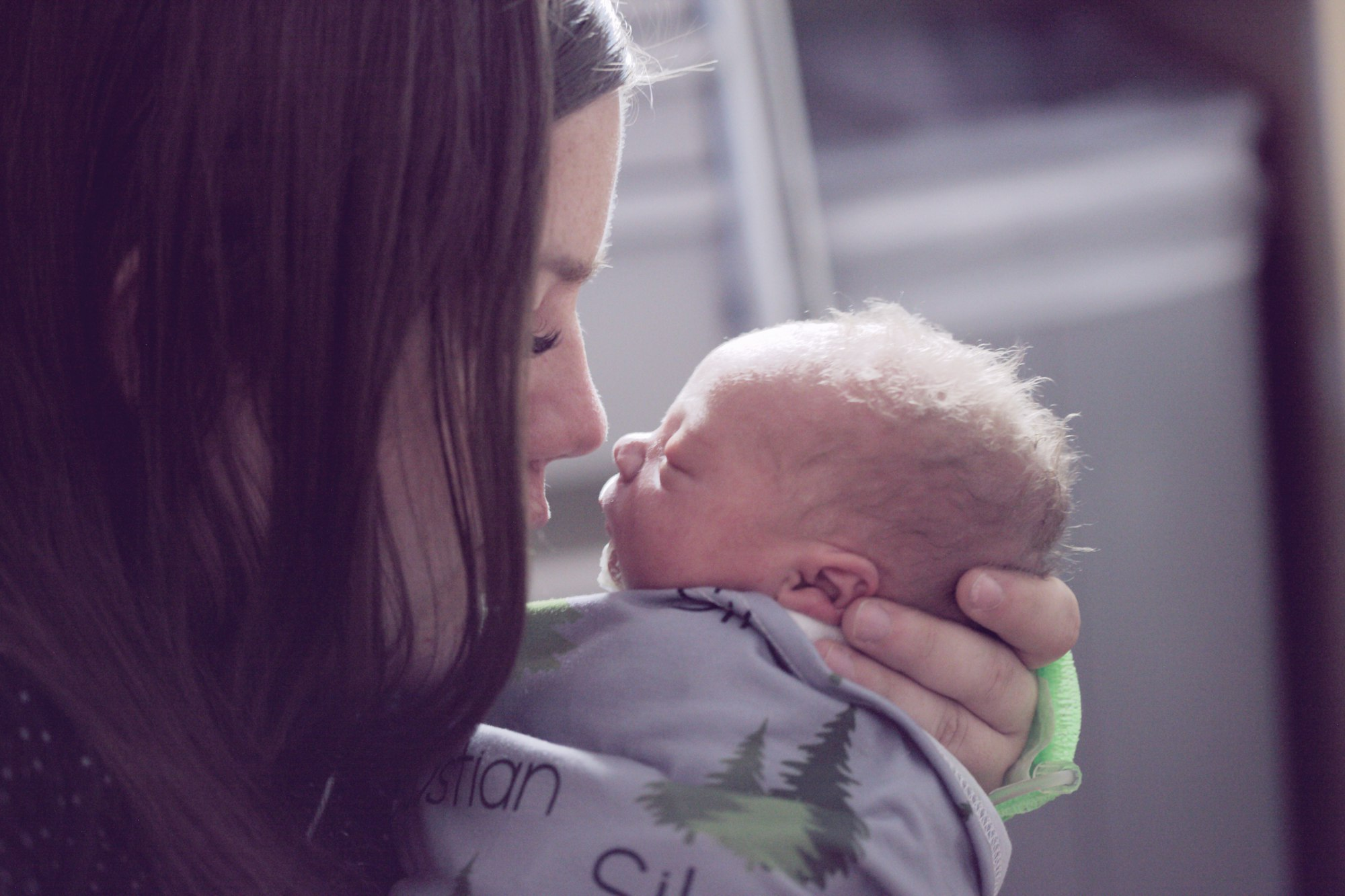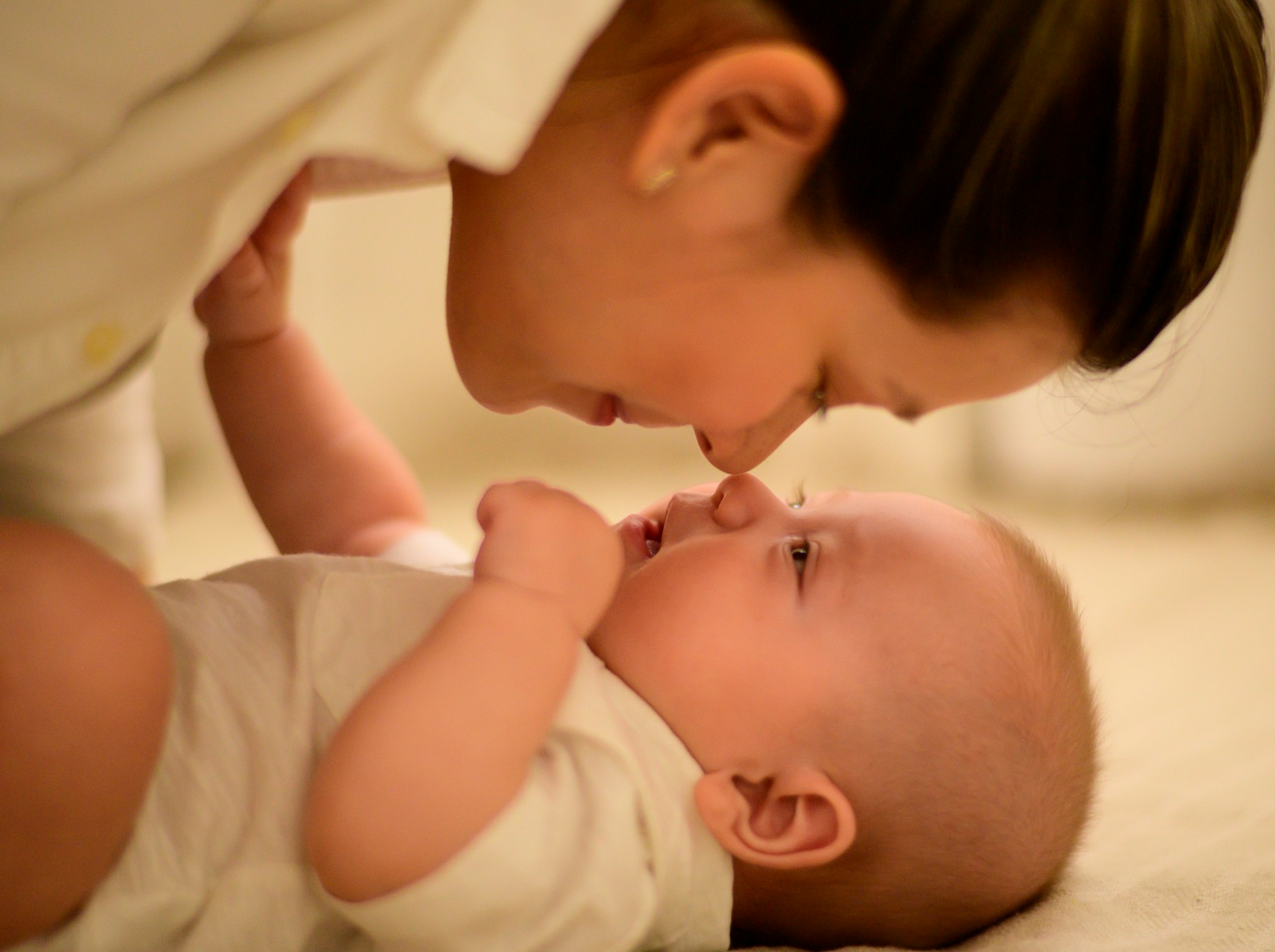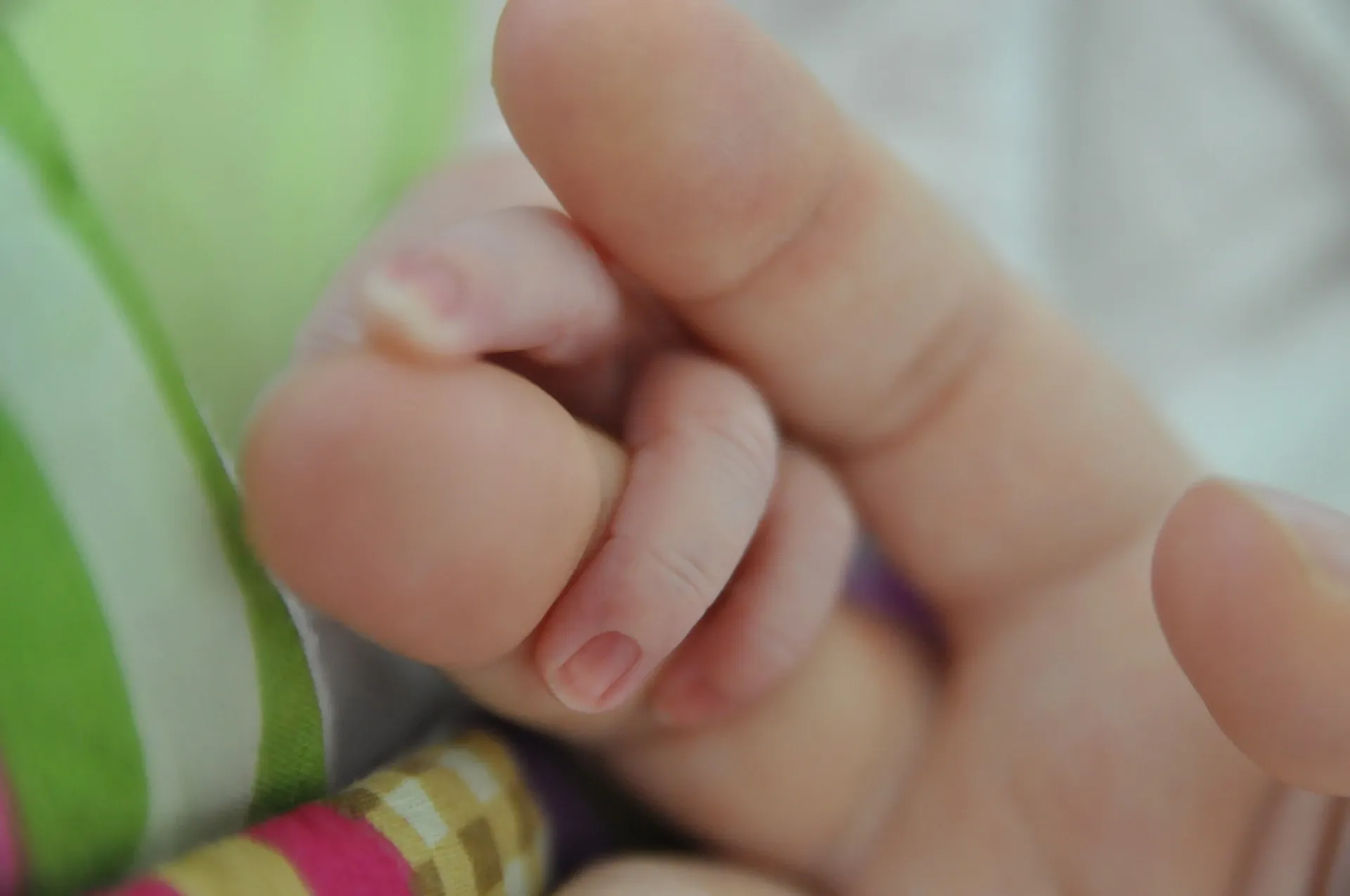-

·
My Milk Never Came in After Birth
Real stories from mothers whose breast milk never came in or was delayed. If you’re struggling with low milk supply and searching for answers, these personal experiences offer honesty, insight, and reassurance that you’re not alone.
-

·
How to Check Yourself for Breast Cancer While Breastfeeding
Breastfeeding moms may notice changes in their breasts more easily, making self-checks a powerful tool. This guide helps you tell the difference between normal nursing-related changes and signs that could signal something more serious—like breast cancer—so you can confidently check yourself and know when to call your doctor.
-

·
Postpartum Thyroid – How to Protect Energy, Mood & Milk Supply
Postpartum thyroid issues can quietly sabotage your energy, mood, and milk supply. This friendly, mom-to-mom guide explains how thyroid hormones work, what symptoms to watch for, and simple steps to support recovery.
-

·
Raynaud’s Phenomenon and Nipple Pain – What You Need to Know
Breastfeeding with Raynaud’s Phenomenon can bring sharp, burning pain that often shows up after a feed. This guide explains what is going on, how to tell if Raynaud’s is the cause, and simple steps you can take today to feel more comfortable and supported.
-

·
Eczema on Nipples – What Causes It & How to Treat It
Eczema on nipples can make breastfeeding feel painful and overwhelming, but it doesn’t have to stop you. This guide explains what causes it, how to treat it safely, and what steps you can take to stay comfortable and keep nursing with confidence.
-

·
Adoptive Breastfeeding – How Much Milk Can You Really Make?
Adoptive breastfeeding is possible—and powerful. This guide explains how much milk you can expect to make, what influences your supply, and how nursing helps build attachment and healing, even if you don’t produce a full supply.
-

·
I Tried to Breastfeed, But Could Not – Finding Peace
Many mothers go into parenthood fully committed to breastfeeding — and many try to breastfeed with everything they’ve got. But sometimes, despite all the effort, support, and hope, it just doesn’t happen. Whether it’s due to physical challenges, medical conditions, or the mental and emotional toll, not being able to breastfeed can leave mothers feeling…
-

·
Feel Like a Bad Mom? Guilt of Not Breastfeeding & How to Let Go
For many mothers, the pressure to breastfeed is intense — and when it doesn’t work out, the guilt can be overwhelming. Whether it’s due to medical conditions, lack of support, or sheer exhaustion, choosing or needing to formula feed is never a failure. Still, so many women are made to feel like bad moms for…
-

·
The Dehydrated Baby & Breastfeeding – Signs to Look Out For
Worried your breastfed baby isn’t getting enough to drink? Learn the signs of dehydration in newborns, why breastfed babies are more vulnerable, and what steps you can take to keep your baby well-hydrated, healthy, and safe during the early weeks of breastfeeding.
-

·
Thrush and Breastfeeding – How to Treat & Prevent It Naturally
Thrush is a common cause of nipple and breast pain during breastfeeding, often affecting both mom and baby. This guide covers symptoms, causes, and natural remedies to help you recognize and treat thrush effectively—so you can continue breastfeeding comfortably and confidently without recurring infections or unnecessary stress.